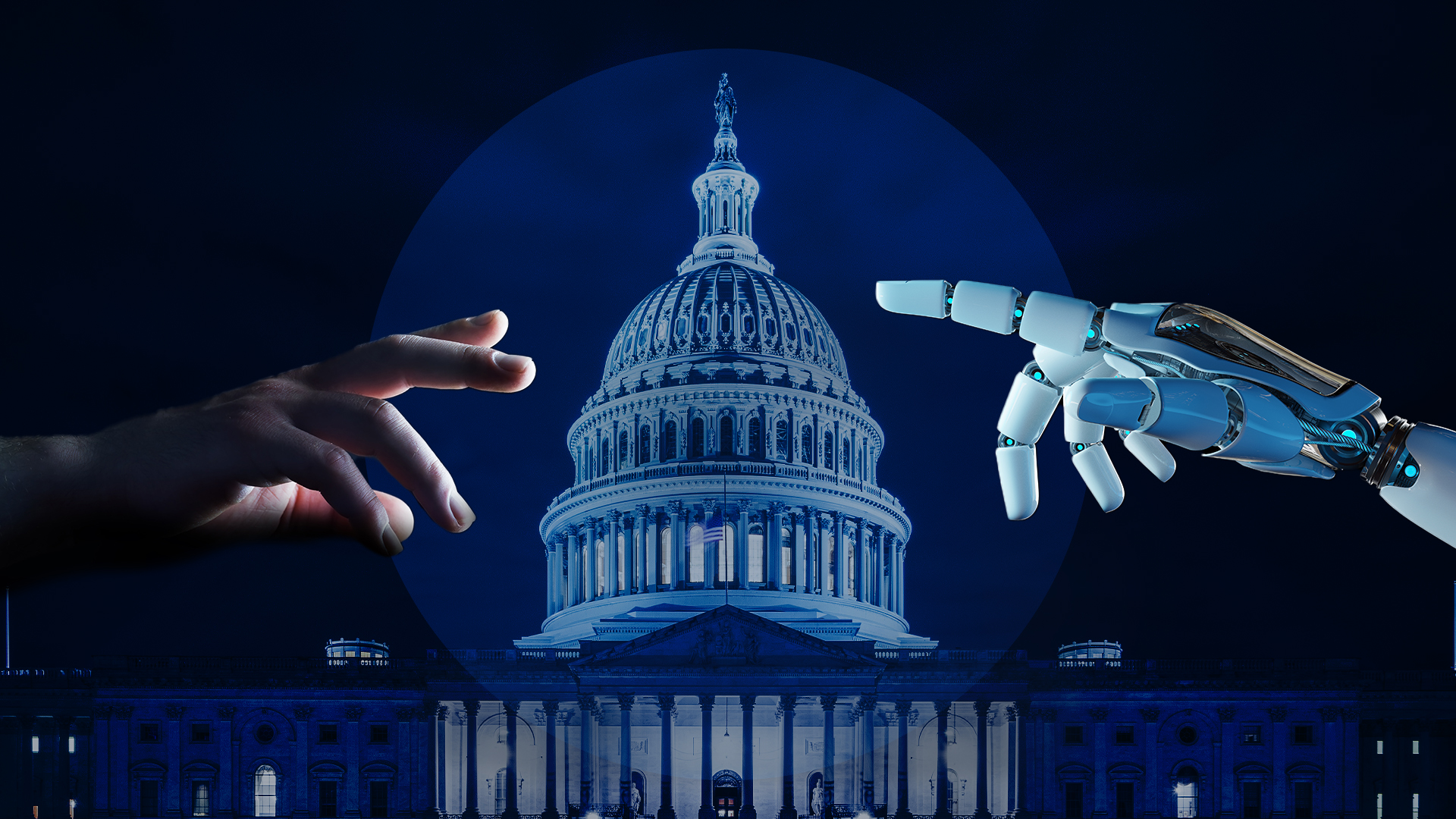In recent years, Indonesia has recognized the transformative potential of artificial intelligence (AI) and is actively integrating it into various governmental functions. This strategic move aims to bolster public services, stimulate economic growth, and position the nation as a leader in technological innovation.
The Indonesian government has outlined five primary areas for AI integration: healthcare services, bureaucratic reform, talent education, smart city mobility, and food security. In healthcare, AI is utilized to expand access and improve diagnostic accuracy, enabling early disease detection and efficient hospital management.
In bureaucratic reform, AI streamlines administrative processes, enhancing efficiency and transparency. By automating routine tasks, government agencies can focus on more complex issues, thereby improving public service delivery.
Education is another critical focus, with initiatives aimed at developing AI talent to support the vision of Indonesia Emas 2045. Collaborations with industry leaders, such as IBM, are underway to cultivate a skilled workforce capable of driving AI innovation.
The development of smart cities leverages AI to manage urban infrastructure, optimize traffic flow, and enhance public safety. These advancements aim to improve the quality of life for residents and create sustainable urban environments
In agriculture, AI applications are being explored to ensure food security. By analyzing data on weather patterns, soil conditions, and crop health, AI can assist farmers in making informed decisions, leading to increased productivity and sustainability.
Recognizing the importance of ethical AI deployment, the government is developing detailed regulations to guide its adoption. This includes collaboration with various ministries and agencies to ensure that AI technologies are implemented responsibly and effectively.
In conclusion, Indonesia's government is proactively embracing AI to drive national development. Through strategic initiatives across key sectors, the nation aims to harness AI's potential to achieve sustainable growth and realize the vision of Indonesia Emas 2045.
Is What You Say About Others Changing How People See You?
Spontaneous Trait Transference is a psychological phenomenon where people unknowingly associate the traits you describe in others with you. This article explores the science behind it, how it affects daily interactions, and why being mindful of your words can shape your own reputation.
DeepSeek’s First Release: 7 Key Reasons Behind Its Explosive Growth
DeepSeek’s inaugural AI model has rapidly become a tech sensation, blending groundbreaking performance with strategic design choices. This article highlights the seven most critical factors driving its adoption, from technical innovation to community-driven growth.
